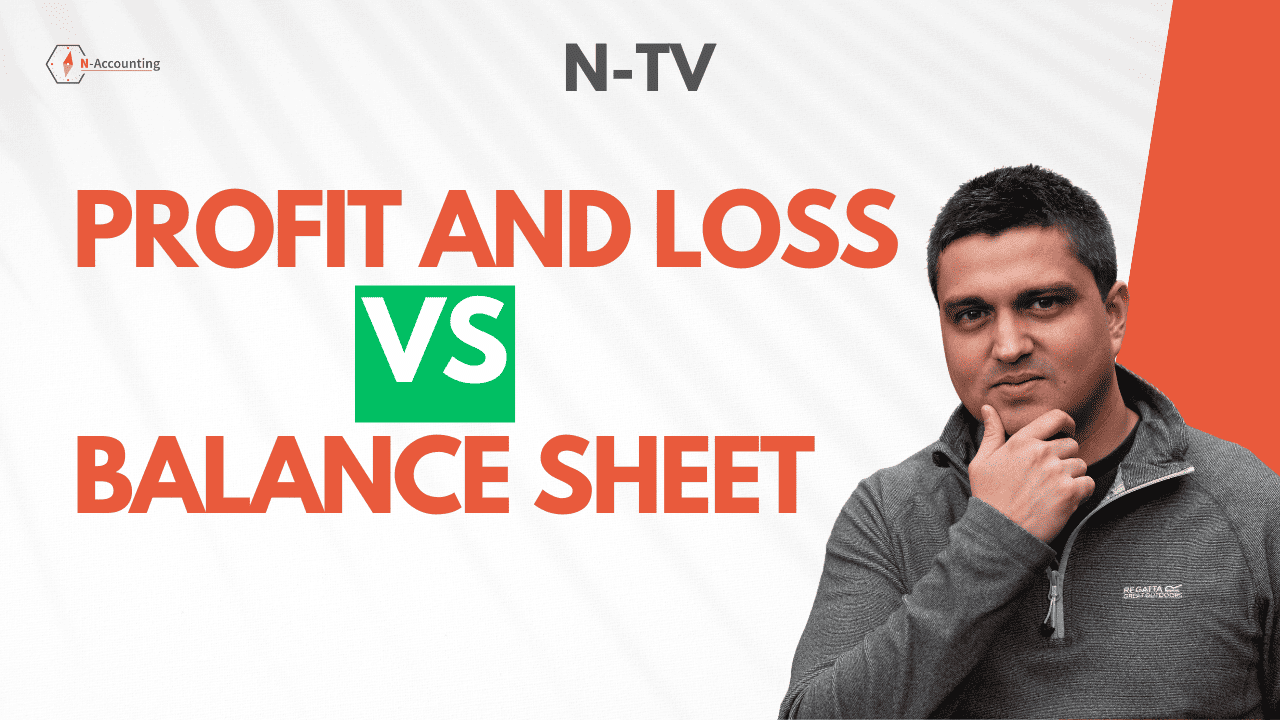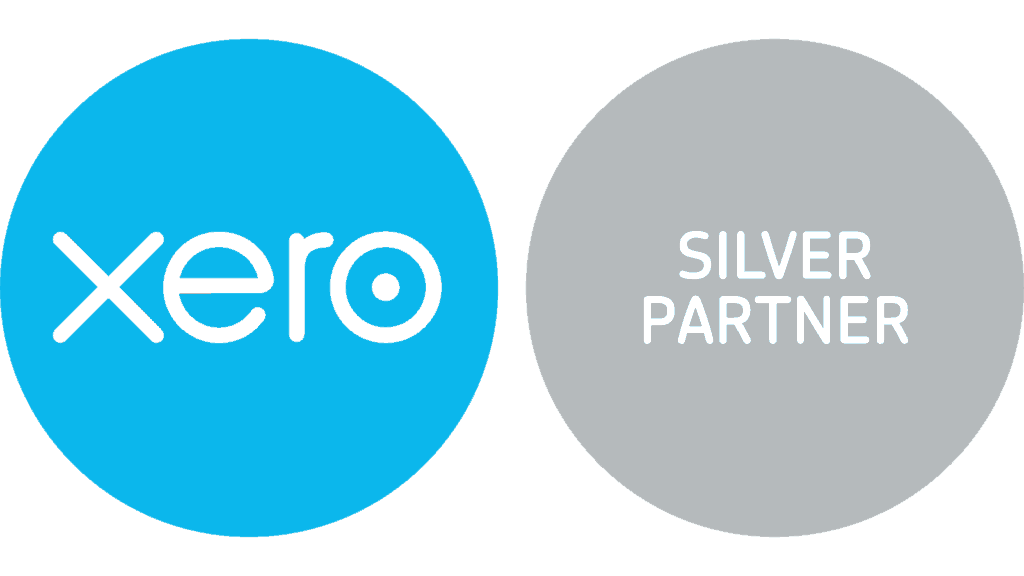
Businesses have the option of providing benefits in addition to their regular pay. This practice, known as employee benefits, involves offering non-monetary items or services to employees to enhance their overall benefits package.
Alternatively, employees can choose to participate in a practice known as salary sacrifice or exchange, where they agree to receive lower take-home pay in exchange for specific benefits – contributing to employee satisfaction.
In this article, we will delve deeper into the types of employee benefits, exploring their motivation, advantages, and implications, particularly in the context of the tax structure in the United Kingdom.
The Value of Employee Benefits
Employee benefits can become a strategic tool for employers to address this issue. By offering a benefits package in addition to regular salaries, many employers can enhance their business’ attractiveness to potential employees, and improve employee retention. Additionally, certain employee benefits packages can be structured in a way that allows employees to save on taxes, creating a win-win situation for both parties.
One strategy is the concept of “salary sacrifice.” Under this arrangement, employees have the option to forgo a portion of their salary in exchange for such fringe benefits provided by the employer. By doing so, employees can potentially reduce their income tax and NICs liabilities on the sacrificed portion, effectively increasing the overall value of the benefits they receive.
For many employers, offering benefits can be more cost-effective than providing equivalent cash compensation. Employees may perceive the value of benefits to be higher than compensation costs the cash equivalent, making it an attractive proposition for both parties.
In summary, the tax structure in the UK places a considerable burden on employees and employers alike. Understanding this framework helps shed light on the motivation behind employee benefits. By offering employee benefit packages and exploring tax-efficient options like salary exchange, businesses can retain employees, and potentially save on overall employment costs.
Taxation of employee benefits package
To understand the motivation behind employee benefits, let’s first examine the tax structure set up in the UK. Employees in the UK typically pay income tax and national insurance contributions (NICs) on their earnings. Basic-rate taxpayers face a 20% income tax, and an additional 12% in NICs. On the employer’s side, there is a 14.25% employer’s NICs. These tax obligations can significantly impact both employees and employers.
As employees must contribute 12% of their income as NICs, they also reduce the take-home pay of employees. Therefore, employees often find a substantial portion of their earnings going towards taxes, affecting their overall disposable income.
On the employer’s side, there is an additional financial burden in the form of employer’s NICs. Employers are legally required benefits have to contribute 14.25% of their employees’ earnings as NICs. This expense is an extra cost to businesses, making hiring and maintaining a workforce more costly.
In combination, these tax obligations can significantly impact both employees and employers, affecting the total income of workers and increasing the cost of employment for businesses. Therefore, businesses are often on the lookout for ways to provide additional benefits to employees while still managing their costs effectively in order to motivate employees.
Income tax
In most countries, employee benefits are subject to income tax. The value of these benefits are typically added to the employee’s taxable income and as a result, employees are legally required not to pay income tax on those benefits.
In the UK, the tax authority known as HM Revenue and Customs (HMRC) has established the P11D tax rules to prevent the abuse of offering non-monetary items mandatory benefits instead of regular pay to circumvent taxes. According to these rules, if the value of the benefit provided to an employee exceeds a specific threshold, it is treated as an extension of the employee’s pay and is subject to taxation.
National Insurance Contributions
While employees generally pay NICs on their earnings, certain employee benefits are exempt from NICs. This means that employees are not required to pay NICs on the value of the benefits they receive. However, employers still have to pay Class 1A Employer’s National Insurance on the value of the benefits provided to employees.
Advantages of Employee Benefits package
One key purpose of providing employee benefits is that while employees pay income tax on these benefits, they are exempt from National Insurance Contributions (NIC’s). This means that by providing employees with benefits rather than the equivalent cash, their overall tax liability can be reduced. Employers, however, still have to pay the Class 1A Employer’s National Insurance, which is the same value as the usual Class 1 contribution. Consequently, the tax burden for employers remains unchanged.
This tax advantage associated with employee benefits encourages both employers and employees to consider salary sacrifice. This refers to the agreement between an employer and an employee wherein the employee agrees to sacrifice a portion of their salary in exchange for specific benefits. By opting for employee’s salary sacrifice, employees can save 12% in national insurance contributions on the value of the benefits received.
Employee benefits and salary sacrifice offer a tax-saving opportunity for both employers and employees. By providing benefits instead of additional pay, employees can reduce their national insurance contributions while still paying income tax on the benefits received. This allows them to potentially increase their overall take-home pay. Employers, on the other hand, can enjoy the advantages of offering benefits without incurring additional national insurance costs. The decision to implement employee benefits ultimately depends on the unique circumstances and preferences of both parties involved.
The difference between mandatory and non-mandatory employee benefit plans
There must be a mandatory benefit. Non-mandated, or discretionary benefit packages are geared towards increasing the employee’s loyalty to the job and appealing to prospective clients. Some of the many discretionary benefits a company can’t provide is the easiest part — every company can offer them. The Discretionary Benefit provides employers the chance to experiment with new solutions. Here’s where they most think about the design of the package itself. Tell me a few examples of the most common employer discretionary benefits.
The effect of mandatory and non-mandatory employee benefits is multifaceted. Mandatory benefits ensure that all eligible employees have access to essential support and protection, contributing to their overall well-being and job security. These benefits are a legal obligation for employers, and non-compliance can result in penalties.

Types of Employee Benefits
There are several types of employee benefits that businesses can offer as part of a compensation package. These benefits can vary depending on the industry, company size, and the needs of the employees. Some common employee benefits examples include: medical insurance, dental insurance, gym memberships, retirement benefits such as pensions or 401(k)s, life insurance, disability insurance, paid time off (vacation, sick leave, parental leave), flexible working arrangements, educational assistance, various other health insurance and employee discounts. By offering these benefits, employers can enhance the overall well-being and satisfaction of their employees, leading to increased loyalty and productivity.
Employee wellbeing benefits
In the UK, employee benefits encompass a range of provisions statutory benefits that contribute to the overall well-being and financial security of the workforce. Three essential components of these benefits are Statutory Sick Pay (SSP), disability insurance and health insurance benefits.
Statutory Sick Pay (SSP) is a crucial element of employee benefits, providing financial support to employees during periods of illness or disability. By offering SSP, employers help alleviate financial stress which can encourage employees and promote job security. However, it is essential to strike a balance between supporting employees through SSP and managing their absences effectively to maintain productivity.
To complement SSP and provide more comprehensive coverage, many employers opt for disability insurance as part of their benefits package. This offers protection against income loss for employees who become disabled due to illness or injury and are unable to work for an extended period. This additional benefit strengthens the safety net for employees, ensuring a continued income stream and enhancing overall job satisfaction.
Moreover, critical illness pay is another essential component of employee benefits. This type of insurance provides a lump-sum payment to employees who are diagnosed with a critical illness specified in the policy. Critical illness pay helps employees cope with the financial burden that can arise from expensive medical treatments, allowing them to focus on recovery without worrying about their financial well-being.
By integrating SSP, disability insurance, and critical illness pay into their benefits offerings, employers can demonstrate a commitment to their employees’ welfare. These comprehensive benefit packages not only attract and retain talent but also create a supportive work environment where employees feel valued and protected.
Additionally, such benefits contribute to a healthier workforce, reduce absenteeism, and enhance overall productivity, ultimately benefiting both employees and employers alike.
Boosting Employee Satisfaction and recruit employees
The advantages of employee benefits extend beyond tax savings. For employees, benefits can provide financial security, improve work-life balance, and enhance job satisfaction. Health insurance, for example, can help employees access necessary medical care without inducing significant expenses.
Retirement plans enable employees to save for the future and ensure financial stability after their working years. Paid time off allows employees to rest, recharge, and take care of personal and family needs. Flexible working arrangements, such as remote work options or flexible schedules, can promote a healthier work-life balance and reduce commuting time and expenses.
Moreover, offering these types of employee benefits can give businesses a competitive edge to retain employees. In today’s job market, where talent and retention are crucial, providing attractive benefits can differentiate a company from its competitors. Prospective employees often consider the benefits package when evaluating job opportunities, and a when company offers a robust benefits package can make a job offer more appealing. Additionally, existing employees are more likely to stay with a company that demonstrates a commitment to their well-being and offers valuable benefits.
However, it is important to note that implementing employee benefits may not be suitable or beneficial for all employees or businesses. Employees should carefully consider their personal financial situation and whether the reduction in take-home pay through employee benefits important salary sacrifice is offset by the value of the benefits received. Employers, on the other hand, must assess their financial capabilities and ensure compliance with regulations and guidelines set by HMRC to avoid any potential issues or penalties.

Employee benefits and salary sacrifice provide businesses and employees with a valuable opportunity to optimize their tax liability and potentially increase overall compensation. By providing benefits instead of additional pay, employees can reduce their national insurance contributions while still paying income tax on the benefits received.
This approach allows employees to potentially increase their overall take-home pay. Employers, in turn, can enjoy the advantages of offering good benefits package without incurring additional national insurance costs. However, the decision to implement employee benefits or salary sacrifice should be made after careful consideration of individual circumstances, preferences, and regulatory requirements. By offering attractive benefits packages, businesses can attract and retain talented employees, enhance job satisfaction, and demonstrate a commitment to their workforce’s well-being.





















